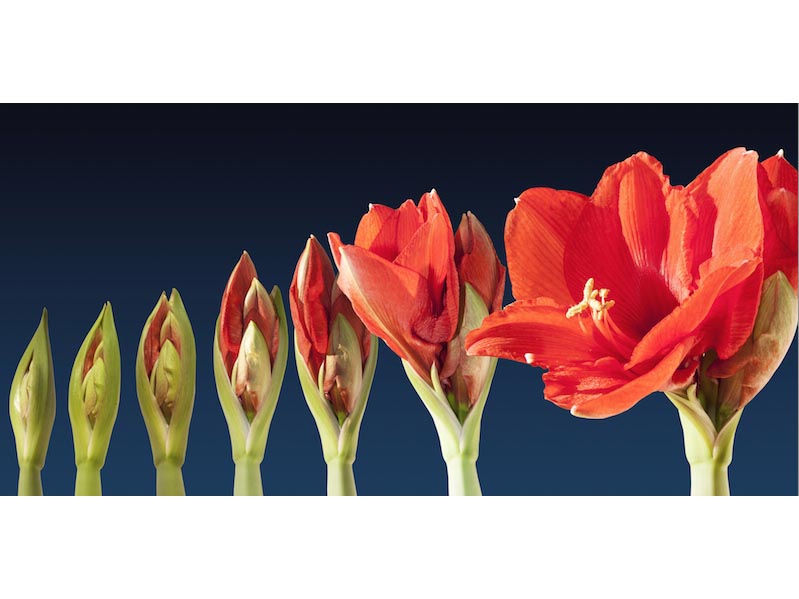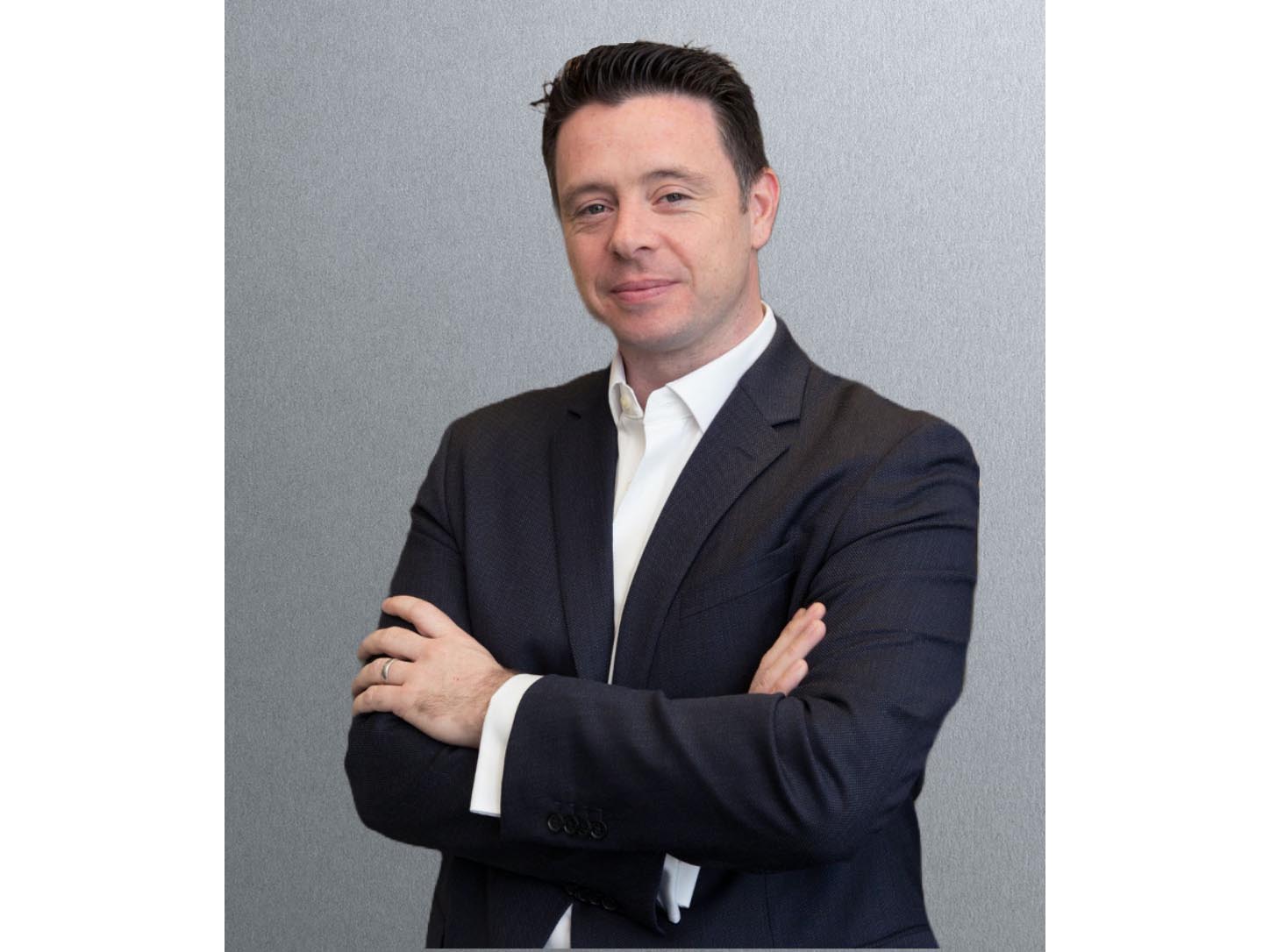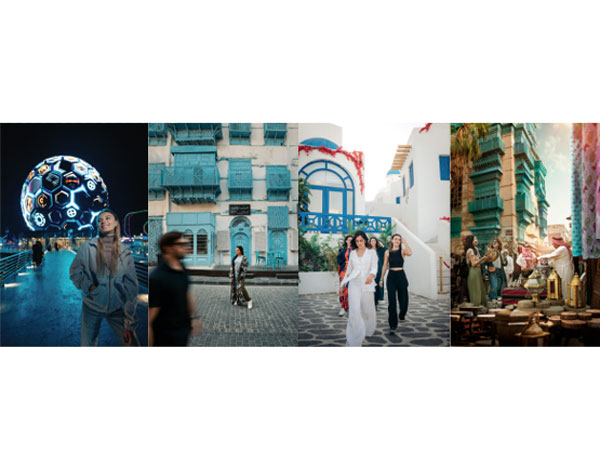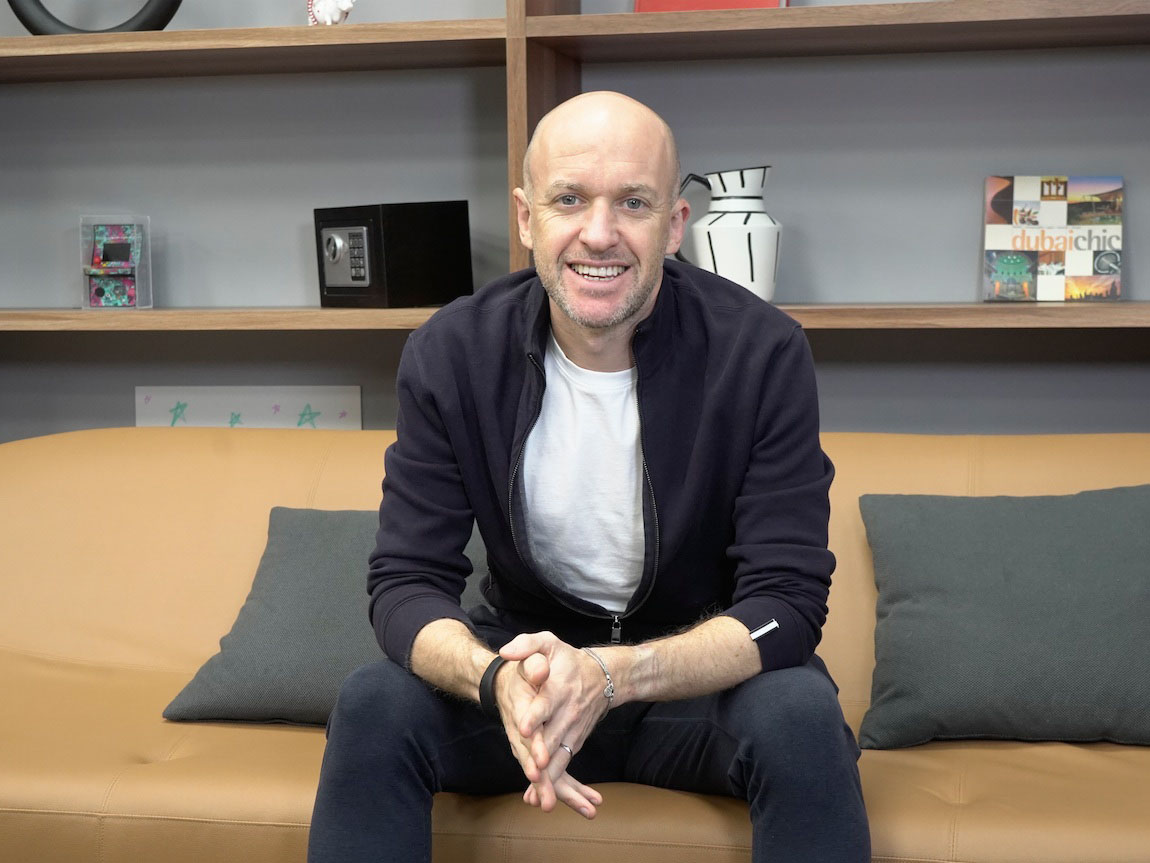Industry Talk
Changing habits over Ramadan could require brands to rethink their advertising strategies
by Terry Kane, The Trade Desk MEA
February 26, 2024
.jpg) Advertisement
AdvertisementRamadan is a special time for many reasons and holds a special place in our hearts, especially here in the region. It's a time of transformation - in thoughts, habits, and connections, and for families to come together to celebrate the values of love, community, charity, and generosity.
Consumer behaviour also undergoes a significant transformation during Ramadan with notable shifts in purchases across consumer products, travel, luxury goods, and electronics, as well as changes in media consumption, including more time spent with TV content. Whilst social is important in MENA, 72 percent of people’s time spent online is on the open internet*. Consumers spend the majority of their time on websites, apps, digital audio, gaming, streaming TV and digital out-of-home. For marketeers and advertisers, Ramadan is a critical time of year and a unique opportunity for brands to build meaningful connections and celebrate their shared values with consumers.
The Trade Desk recently convened senior marketeers and agency leaders in Dubai at the Future of Ramadan Television and Advertising fireside chat. They delved into consumer trends, market dynamics and brand strategies for Ramadan, offering valuable perspectives on behaviour patterns that can shape an effective communications strategy.
Here are three key insights:
1. Alignment of products and services with the spirit of Ramadan is key
From the recent Ramadan Insights** research commissioned by The Trade Desk in partnership with YouGov, 92 percent of consumers surveyed across the UAE, Saudi Arabia and Egypt emphasised that the alignment of products or services with the spirit of Ramadan is important to them. It’s therefore critical to be sensitive to consumers’ needs during Ramadan, and this means different things for different industries. We heard from the automotive sector where consumers wait for the big deals and offers during Ramadan, from the travel and hospitality industry about the softening of demand for hotel rooms during Ramadan with a surge during Eid, and from the beauty segment where messaging shifts to influence gifting purchases versus personal use. Marketeers should be diligent in choosing the right channels and platforms that reach their audience given the change in shopping behaviour and media consumption during Ramadan, they should carefully choose the time of day for their ads, and their messaging should be aligned with consumer sentiment. One of the speakers referred to advertising during the moment of Ramadan as “The Super Bowl of the Middle East,” a great analogy that shows the significance of Ramadan for marketeers in the region, which benefits from a strategic, thoughtful, and targeted advertising approach.
2. The way people spend time online is changing
According to the Ramadan Insights research, the MENA region has the most internet-connected devices per household globally, averaging 14, and the way people spend time online is changing. Media consumption has become extremely fragmented with consumers using a range of different devices and channels each day. While social media remains important, 72 percent of people spend their time online on the open internet*, which includes websites, apps, digital audio, gaming, streaming TV and digital out-of-home. These channels are key platforms to watch and consider for campaigns in the region - including Ramadan - especially as premium content gets unlocked on connected TV through the ability to buy advertising on the big screen at home with accurate targeting ability - across the MENA region. For brands and agencies, this is key to consider when looking at ad budgets and channel selection. Although some of these channels are relatively new in the region and perhaps not yet on every marketeer’s channel mix, it is time to try and test, in order to start learning how these channels can add value as they become increasingly popular with consumers and can help provide crucial opportunities to create touchpoints with relevant audiences. Panellists also discussed the need to increase collaboration amongst brands, agencies, publishers and tech companies to fully embrace the changes in media consumption and to prepare for the cookie less future through the effective use of first-party data.
3. TV remains crucial in the region, especially during Ramadan
TV is rapidly becoming digital with 79 percent of consumers reporting they watching connected television during Ramadan. Generally, TV is still one of the most important marketing channels for advertisers in the MENA region. During Ramadan, people spend more time watching TV content with a 24 percent increase in watching traditional TV and a 19 percent increase in consuming streaming TV and online video**.
With the availability of ad opportunities, data and targeting capabilities as well as inventory for creative content, the opportunity is huge but also challenging. According to the experts, it is not a matter of simply adapting existing creative content for different channels, but to strategise, select and lead with the channels that serve a brand or business. Fundamentally, content strategies need to change in line with the shifts in consumer sentiment, behaviour, and media consumption.
During the Future of Ramadan TV and Advertising fireside chat it became evident that connected television is on the rise in the region and that while the opportunity is massive in terms of reach and time spent viewing, it has yet to be reflected in advertising spend. Panellists agreed that it’s just a matter of time, but to reap its full benefits, brands need to adjust their campaign and content strategies, publishers and content owners need to open up more inventory and the industry needs to become more agile in its ability respond to consumer sentiment.
The significance of Ramadan for advertisers is obvious and the experts from the region shared their views on how to best capture this opportunity, while addressing relevant audiences with the right messaging across the fragmented media landscape that they use for information and entertainment during the festive period and beyond.
*Source: Globalwebindex, Q3’22 – Q3’23. KSA, UAE, EGYPT
**Source: The Trade Desk Intelligence x YouGov Ramadan insights, October 2023. Includes UAE, KSA, EGY. Oliver Wyman, GCC region, February 2023.
Key data points from The Trade Desk Intelligence x YouGov Ramadan insights:
- No 1 – The Middle East is the region in the world with the most internet-connected devices per household, averaging 14.
- 72 percent of people’s time spent online is on the open internet
- 92 percent of people state that it’s important for brands to align with the spirit of Ramadan
- 76 percent of people say that their media and shopping behaviour is different during Ramadan compared to the rest of the year:
- 52 percent say they purchase more products and services during Ramadan compared to the rest of the year
- 66 percent expect to spend more online during Ramadan and 76 percent expect to spend more in-store
- 2.4 is the average number of streaming services people subscribe to in the MENA region
- More time is spent with TV content during Ramadan:
- 24 percent increase in the number of people watching traditional TV during Ramadan
- 19 percent increase in the number of people consuming streaming TV and online video


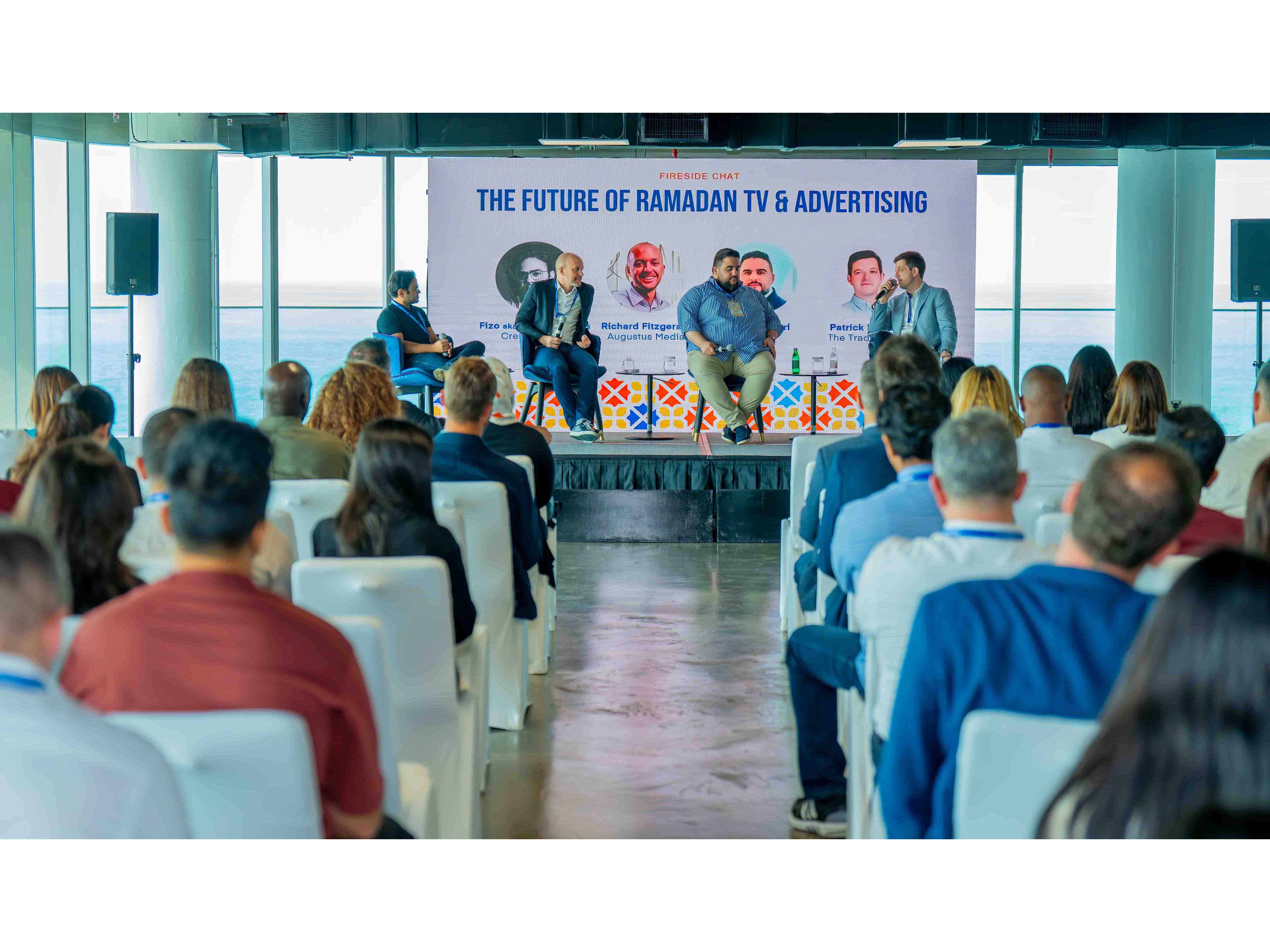

.jpg)
